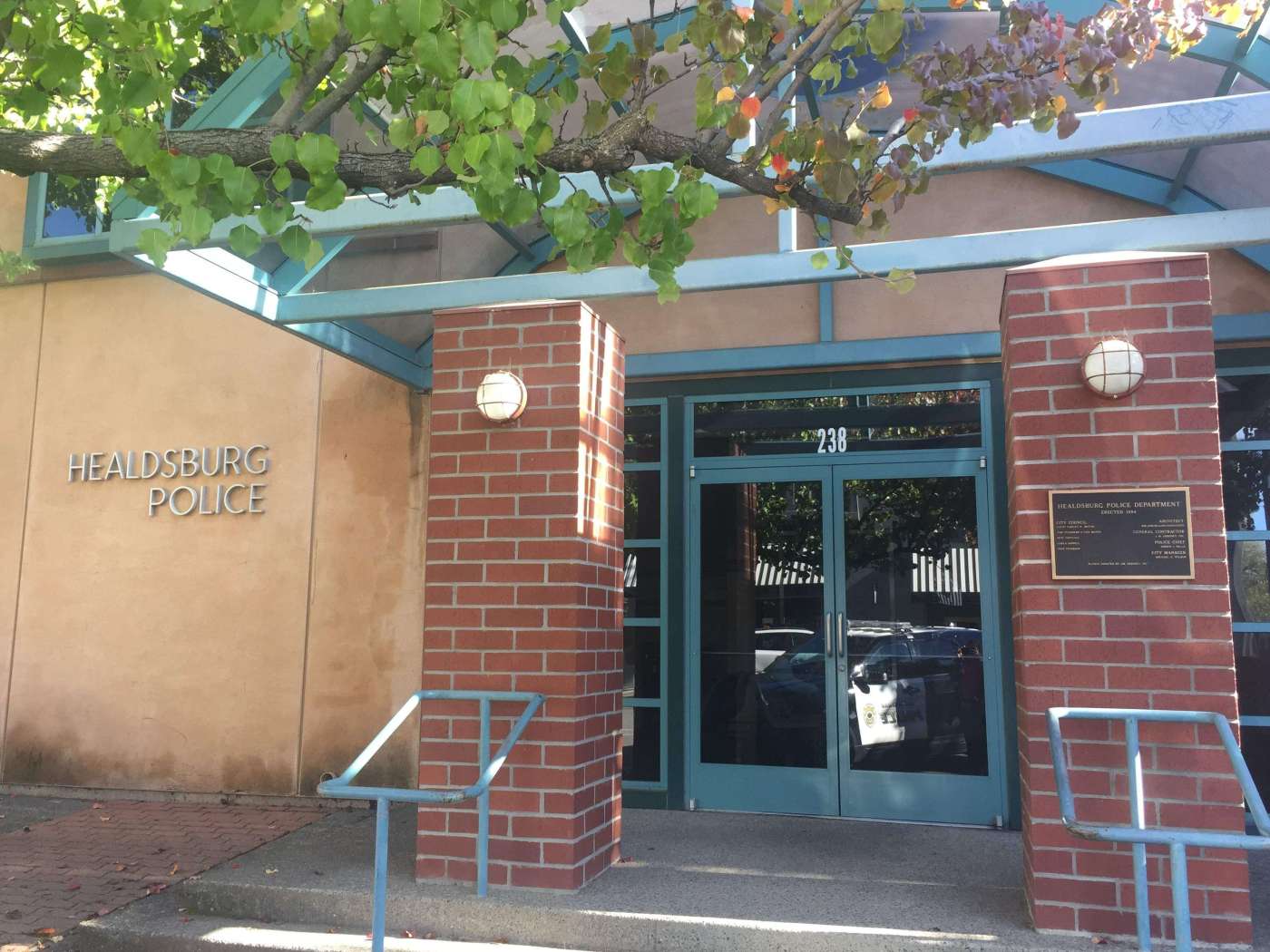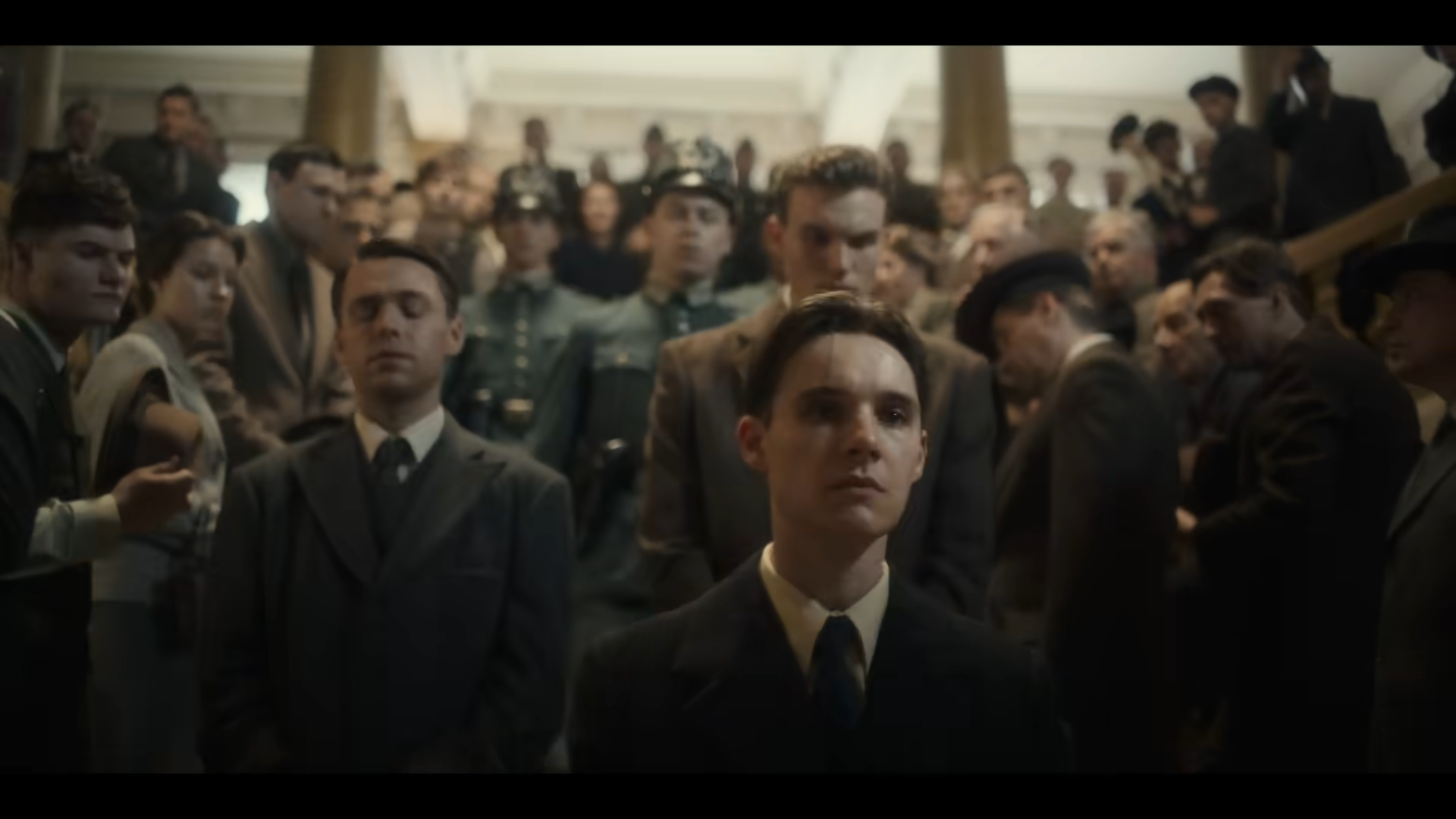**Mansa Musa: Welcome to this edition of Rattling the Bars.**
I’m your host, Mansa Musa. In African tradition, we have what is known as the griot. The griot is a storyteller, but more importantly, the griot is one that translates our oral history into telling events, activities, and monumental accomplishments of African people.
Today, we have a griot, but more importantly, we have a revolutionary griot. We have a woman who has been inspired to take and tell the stories of African people under the 13th Amendment, but more importantly, to educate people about the humanity of those we call prisoners and to give them a space so their voices can be heard and their value uplifted.
Liza Jessie Peterson is an activist and actress, playwright, poet, author, and youth advocate who has worked steadfastly with incarcerated populations for more than two decades. Her critically acclaimed one-woman show, *The Peculiar Patriot*, was nominated for a Drama Desk Award and the Elliot Norton Award and is a recipient of a Lilly Award. The play is also available on Audible.
Liza has performed *The Peculiar Patriot* in 35 prisons across the country. A documentary titled *Ain’t You Do You Hear Us Voices from a Plantation* features her historic performance of the play at Louisiana State Penitentiary, also known as Angola. The documentary is streaming on Paramount Plus and Amazon Prime and made a prestigious shortlist for an Academy Award.
Welcome to *Rattling the Bars*, Liza.
—
**Liza Jessie Peterson:** Thank you for having me.
**Mansa Musa:** Let’s start by introducing yourself to our audience and telling them how you got into this particular space. I know your background is extensive, and we’ll get into that later, but please share a little about yourself and your journey.
**Liza Jessie Peterson:** I’m a writer, actress, and poet. I like to call myself an “artivist” because I’m an artist who uses her art as activism—the two intersect. My activism within carceral spaces, working with incarcerated populations, began in 1998. That’s when I started teaching poetry and creative writing to incarcerated adolescent boys at Rikers Island. They were 16, 17, and 18 years old.
When I first got the assignment, I had never been to prison or jail, and didn’t know the difference between the two. This was 1998, so the term “mass incarceration” wasn’t even in wide use yet. I went in simply to teach poetry as a teaching artist for three weeks before moving on to another school. The first school was Island Academy, located at Rikers Island.
What started as a three-week workshop turned into three years because the program was so effective and all the other teachers kept passing me around. When I walked in the doors of Rikers, I knew nothing about the prison industrial complex beyond a little bit of hearsay. It was actually a correctional officer who said to me during my first week, “You don’t know where you are, do you?” I said, “Yeah, I’m at Rikers.” He replied, “No. You’re on a modern-day plantation.” He pointed to the boys in uniform and said, “That’s the new crop. They’re the new cotton. Come on.”
I was shocked—I’d never heard that before. He told me to look up “prison industrial complex” as soon as I got home. That moment kicked me down a rabbit hole of information. As I learned, I became an evangelist, sharing this new and shocking knowledge in my classroom. My poetry workshops became political ciphers with the boys, which is why the program grew so popular and I became the poet-in-residence at Rikers.
—
**Mansa Musa:** How did witnessing those young men affect you as you became more conscious of the prison industrial complex and its connection to the “new crop”?
**Liza Jessie Peterson:** When I first saw the boys—mostly Black and brown adolescents—I felt something was off. It was like walking into a spider web: you feel it on you but can’t see it. I felt trapped but couldn’t articulate it until I did the research. I realized this was an intentional web designed to ensnare our youth and criminalize normal adolescent behavior.
At 16 to 18 years old, their prefrontal cortexes are still developing. It’s natural for them to challenge authority and “buck up,” but Black and brown adolescents are criminalized harshly for this normal behavior and frequently denied second chances.
—
**Mansa Musa:** We often say that in America, the one chance we had was taken away from many born here. What you described felt like a spiritual awakening that led you to where you are now.
Without giving too much away about *The Peculiar Patriot*—which embodies so much knowledge, emotion, and history—can you share a bit about the characters and the structure of the play? We want to encourage our audience to go and see it.
**Liza Jessie Peterson:** *The Peculiar Patriot* centers on a woman named Betsy Laquanda Ross—it’s a play on Betsy Ross, who is credited with sewing the American flag, but historically, one of her enslaved women actually sewed it. The main character visits her best friend, Joanne, who is incarcerated. The play unfolds over several visits in the visiting room of a women’s correctional facility, with the audience eavesdropping on an intimate homegirl conversation.
—
**Mansa Musa:** I watched clips of you performing in over 40 prisons and jails across the country. One comment that stuck with me was when an incarcerated man said, “You did a bit.” That phrase, in prison culture, is like asking, “Where did you do your time?” But here, it expressed acknowledgment of your intentionality.
Why do you think he responded that way?
**Liza Jessie Peterson:** Honestly, I never know the exact impact my work will have. But having worked at Rikers for years, traveling courts, acting as a counselor, and attending court hearings, plus having a loved one incarcerated, I carry “the jungle” with me—the aura and authenticity of that lived experience. When I performed at Angola, they could feel that authenticity—it resonated deeply.
—
**Mansa Musa:** I know from experience that the visiting room becomes a community—family members connect over time and form relationships. When did you realize you had to package these experiences and stories into something bigger—a play—to share them with a wider audience?
**Liza Jessie Peterson:** It was a combination of factors. Initially, I saw my role as a teaching artist, not a playwright documenting prison life. But I was so moved by the stories and love I witnessed—the hard journeys families undertake to see their loved ones—that I knew this was the greatest untold love story.
After a tough moment where I felt overwhelmed—juggling my roles as an actress, activist, and visitor—I spoke with a writer friend who bluntly told me, “Bitch, you’ve got a story to tell,” and hung up. That was my wake-up call.
I began journaling, drawing from my research, relationships with students, and interactions with family members in the visiting rooms. My cup simply overflowed with stories that had to be shared.
—
**Mansa Musa:** Your storytelling captures the experiences of millions within the prison industrial complex—from California to Philadelphia and Alabama. Everyone who sees your work can relate to those struggles.
Now, tell us about your experience performing at Angola. What did that mean to you, especially since Angola was once a massive plantation?
**Liza Jessie Peterson:** Performing at Angola was more than just a show—it felt like a calling. Angola is sacred ground: it was a plantation named after the African region Angola, from which many enslaved people came. The land holds the bones and flesh of my ancestors.
I knew the significance of the place going in. I’d read about the Angola Three—Black Panther prisoners who endured 45 years in solitary confinement. To be there, performing my play and activating the audience, was historic.
The energy was electric. The place erupted. I felt the presence of “sleeping giants” awaken right before me.
—
**Mansa Musa:** You mentioned putting “rage on the page” when creating this work. Can you explain what you mean by that? Is the “rage” a misnomer?
**Liza Jessie Peterson:** Not at all. The more I researched the prison industrial complex—the profiting off human suffering—the more enraged I became. I wasn’t just reading about these injustices; I was witnessing children and families being warehoused every day at Rikers.
This is a human rights atrocity happening in our own backyard, yet few were sounding the alarm outside of academic circles. As an artist, I felt compelled to amplify this injustice.
The rage is born from indignity, injustice, and the blatant continuation of enslavement through mass incarceration. That rage fueled my writing and performance.
—
**Mansa Musa:** At Angola, your show was unexpectedly shut down. Had you experienced censorship at other institutions? How did that closure at Angola impact you?
**Liza Jessie Peterson:** The Angola shutdown was painful. I must give credit to Norris Henderson, an amazing activist who invited me there.
I knew Angola was sacred ground and that my performance was significant. We had permission to film the show, but during the performance, an emergency was declared, and we had to stop.
Norris came backstage to say it was over, but a white correctional officer stood just behind him, delivering the message. I immediately knew it wasn’t Norris’s decision but the authorities’.
I was angry and hurt because I wanted to engage further—with post-show talks and the prison drama group—but our opportunity was cut short.
—
**Mansa Musa:** Your work, like that of George Jackson and others, reveals the fear the system has towards informed and awakened prisoners. Your Tubman spirit was clearly seen as a threat.
How do you view the transformative power of theater and your role as an actress in this movement?
**Liza Jessie Peterson:** Theater has the unique power to allow audiences to see themselves reflected on stage. When people see their lives and experiences dramatized, it touches the heart. That emotional connection can transform consciousness and lead to action.
Whether through theater or film, art has healing and inspiring power—it can motivate change by making people feel seen and heard.
—
**Mansa Musa:** Can you connect Black cultural production—particularly theater—to Black liberation and raising self-determination?
**Liza Jessie Peterson:** Absolutely. The art I create aims to activate—inspire healing, consciousness, and social awareness. I never fully know what shape that activation will take, but it brings people together.
After my Angola performance, Norris Henderson showed me how this activation can translate directly into political power.
He hosted a screening of the *Angola* documentary for his community, where many attendees had been present at my original performance. The energy from that event led to increased phone calls, voting by family members, and eventually, significant political changes: unseating an incumbent sheriff, electing progressive judges and prosecutors who began reviewing cases and granting appeals. As a result, over 300 men were released.
My art was a catalyst—a spark that Norris and his community used to fuel liberation.
—
**Mansa Musa:** That’s amazing and powerful. I’ve also spoken with Norris and others involved—they’re doing remarkable grassroots work in Louisiana under very difficult circumstances.
What’s next for *The Peculiar Patriot*? Any plans to expand or bring others into the project?
**Liza Jessie Peterson:** Since 2003, I’ve toured the play across 35 prisons and penitentiaries. However, theaters avoided it until 2017, when the National Black Theater in Harlem finally staged it officially off-Broadway. Since then, I’ve done several productions.
*The Peculiar Patriot* is a one-woman show, which limits how many people I can reach directly. Many communities want to experience it, but I can’t be everywhere.
My dream is to film the play to create a network special, allowing wider access beyond my physical presence. This film would bring the story to new audiences and continue activating consciousness and action.
The play is heading to a New York Theater workshop at the end of April for six weeks, which is another exciting step.
—
**Mansa Musa:** That’s exactly what’s needed. The conversations sparked by your work resemble movements like Jesse Jackson’s 1984 presidential campaign—igniting voter registration and political participation.
Art and activism together pave the way for tangible change.
—
**Liza Jessie Peterson:** Yes. When *The Peculiar Patriot* activates incarcerated populations, they, in turn, activate their families, who have political power.
Artists often affirm the truths grassroots activists have long shared. Sometimes, art reaches new audiences and validates the voices of those already doing the work.
Filming the play would show art and activism as a blueprint for liberation, demonstrating how political infrastructure and community energy combine for change.
—
**Mansa Musa:** Here in DC, residents can vote no matter where they are—a powerful victory we’re working to leverage.
Before we close, is there anything else you’d like to say?
**Liza Jessie Peterson:** I’m grateful for this conversation. I hope everyone watches the *Angola* documentary. And if anyone out there can support filming *The Peculiar Patriot*, please holler at me.
—
**Mansa Musa:** Holler at you!
Thank you, Liza, for joining us and engaging in this vital conversation as we honor our ancestors. We love our ancestors, and we know they’re proud to see the spirit they generated living on through this work.
**Liza Jessie Peterson:** That’s right.
https://therealnews.com/inside-the-modern-day-plantation-how-theater-confronts-incarceration


